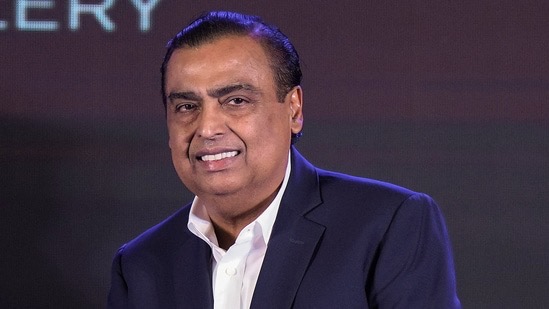Mukesh Ambani is planning an IPO for his telecom business Jio in 2025, followed by another for Reliance Retail much later. Billionaire Mukesh Ambani is planning an initial public offering (IPO) for his telecom business Jio in 2025, followed by another for Reliance Retail much later.This could potentially be India’s biggest IPO ever, overtaking Hyundai India’s record $3.3 billion IPO this year.
What could the potential valuation for Jio be?
The company, valued by analysts at over $100 billion is launching the IPO as it believes it has achieved a stable business and revenue stream by becoming India’s top telecom player with 479 million subscribers.
Though there has been no internal decision yet on its valuation, investment bank Jefferies in July this year had estimated its valuation to be $112 billion. This development comes at a time when Reliance Jio is set to lock horns with Elon Musk’s Starlink internet service if it gets launched in India.
This also comes after Ambani had raised $25 billion collectively for his digital, telecom and retail businesses from investors like KKR, General Atlantic and Abu Dhabi Investment Authority. Jio Platforms, the company that owns the telecom and digital businesses, is 33% owned by foreign investors after having raised $17.84 billion in the recent years.
The IPO for Reliance Retail which runs India’s biggest grocery store network of 3,000 supermarkets, would come after 2025, according to the report which cited “operational issues” within the retail arm which Reliance wants to focus on fixing first.
Another reason is to not hit the market with two huge IPOs around the same time as well. Just by October this year, 270 companies had already raised $12.58 billion from IPOs in India this year, which is a huge jump from the $7.42 billion raised in the entirety of 2023.
What are the “operational issues” with Reliance Retail?
The operational issues with Reliance Retail was attributed to the fact that it grew “too fast,” now having also ventured to e-commerce for taking on Amazon and even quick commerce to make 10-minute deliveries. This fast growth led some of its brick-and-mortar stores to make losses, with the company itself reporting a 1.1% decline in sales for the July-September quarter, according to the report which added that it was still valued at $112 billion by Bernstein last year.



